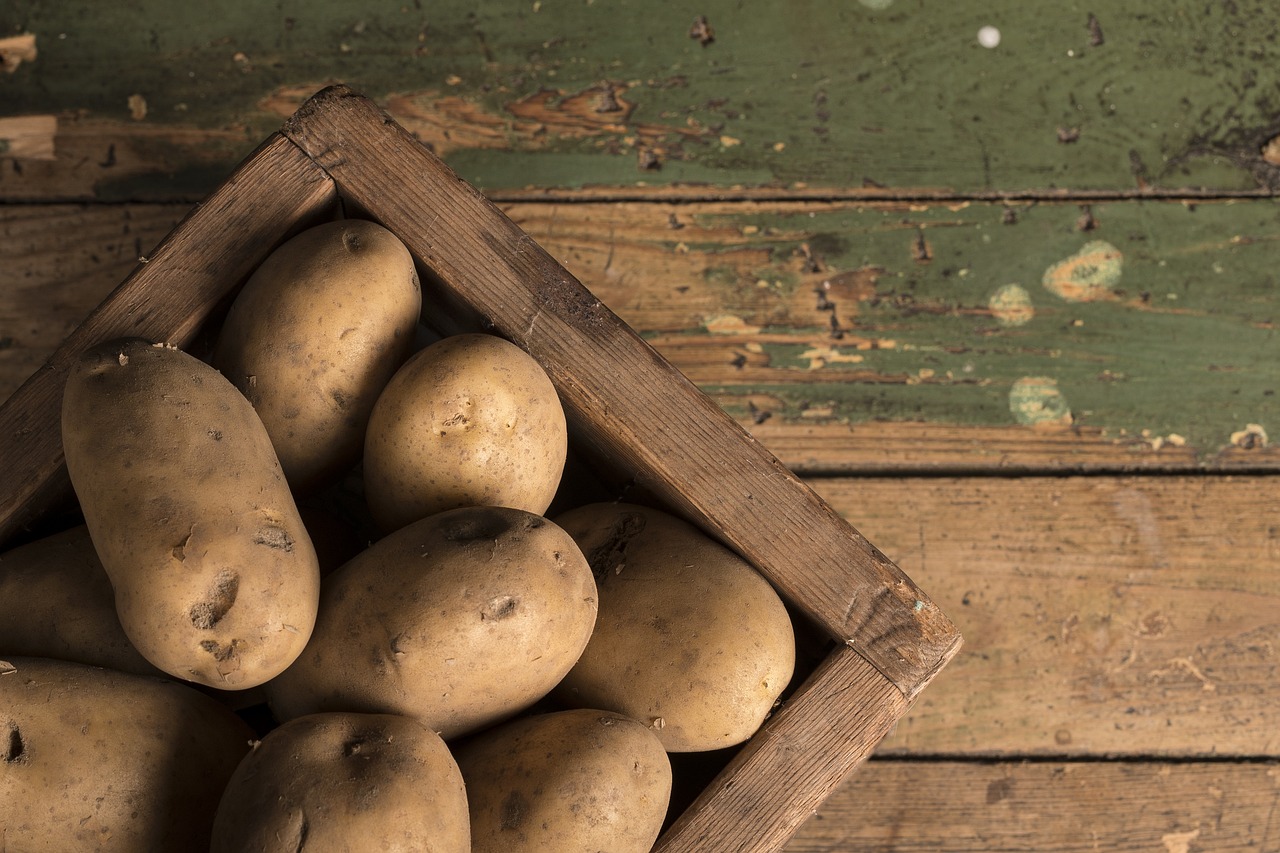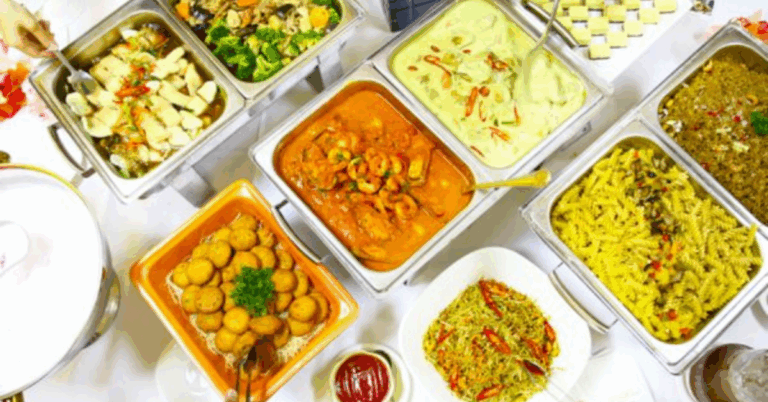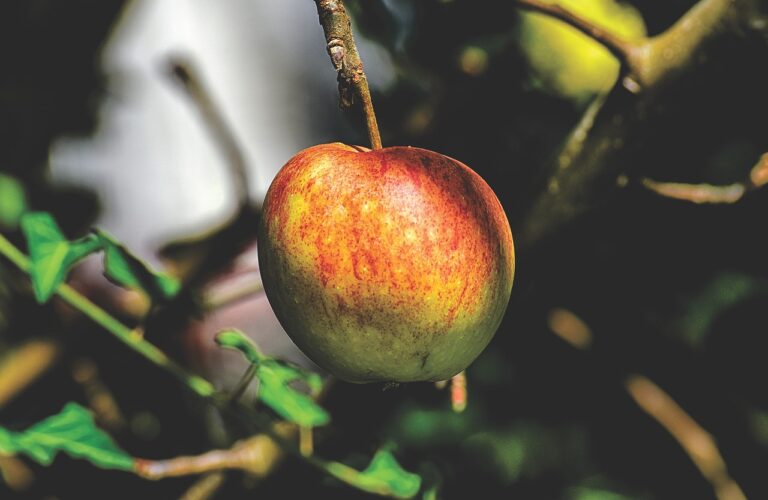Food Storage for Emergency Preparedness: Stocking Up on Essentials for Crisis Situations: Betbhai.com, Cricbet99, Diamond exchange 9
betbhai.com, cricbet99, diamond exchange 9: Food Storage for Emergency Preparedness: Stocking Up on Essentials for Crisis Situations
In times of crisis, such as natural disasters, power outages, or other emergencies, having a well-stocked food supply can make all the difference in ensuring the well-being of you and your loved ones. When disaster strikes, access to fresh food may be limited, so it’s crucial to have a supply of non-perishable items that can sustain you until help arrives.
Building a comprehensive emergency food storage plan requires careful consideration and preparation. Here are some essential tips for stocking up on essentials for crisis situations:
Assess Your Needs
Before you start stocking up on food supplies, it’s essential to assess your family’s specific needs. Consider any dietary restrictions or allergies that might impact the types of foods you can store. Take into account the number of people in your household and plan accordingly to ensure you have an adequate supply of food for everyone.
Choose Non-Perishable Items
When it comes to emergency food storage, non-perishable items are your best bet. These are foods that have a long shelf life and don’t require refrigeration, making them ideal for emergency situations. Some examples of non-perishable items include canned goods, dried fruits and vegetables, rice, pasta, beans, nuts, and seeds.
Rotate Your Stock
To ensure the freshness and viability of your emergency food supply, it’s essential to rotate your stock regularly. Use the “first in, first out” method, where you consume the oldest items in your stockpile first and replace them with new ones. This will help prevent food from spoiling and ensure that you always have a supply of fresh, nutritious items on hand.
Store Food Properly
Proper storage is key to maintaining the quality and longevity of your emergency food supply. Store non-perishable items in a cool, dry place away from direct sunlight and extreme temperatures. Consider investing in airtight containers or Mylar bags to prevent pests and moisture from damaging your food supply.
Include Essential Supplies
In addition to food, don’t forget to stock up on other essential supplies that can come in handy during a crisis. These may include water, a manual can opener, a portable stove or camping grill, disposable plates and utensils, matches or a lighter, and basic cooking utensils. Having these items on hand can help you prepare and consume your emergency food supply more efficiently.
Plan for Special Needs
If you have infants, elderly family members, or individuals with special dietary needs in your household, be sure to stock up on items that cater to their specific requirements. This may include baby formula, adult diapers, specialized medical supplies, or alternative food options for those with allergies or sensitivities.
FAQs
Q: How much food should I store for emergencies?
A: The recommended amount of food to store for emergencies is at least a three-day supply for each person in your household. Aim to have a variety of non-perishable items that can provide a balance of nutrients and calories to sustain you during a crisis.
Q: What is the best way to keep track of my emergency food supply?
A: Consider creating an inventory list of your emergency food stockpile, including the expiration dates of each item. This will help you keep track of what you have on hand and when you need to rotate or replace items in your supply.
Q: Are there any foods I should avoid storing for emergencies?
A: Avoid storing foods that require refrigeration or have a short shelf life, as these may spoil quickly and pose a health risk if consumed past their expiration date. Additionally, steer clear of foods that are high in moisture content, as they may attract pests and mold.
By following these guidelines and planning ahead, you can ensure that you and your family are well-prepared for any crisis that may come your way. Stocking up on essential food supplies for emergencies is a proactive step towards safeguarding your well-being and peace of mind in uncertain times.







